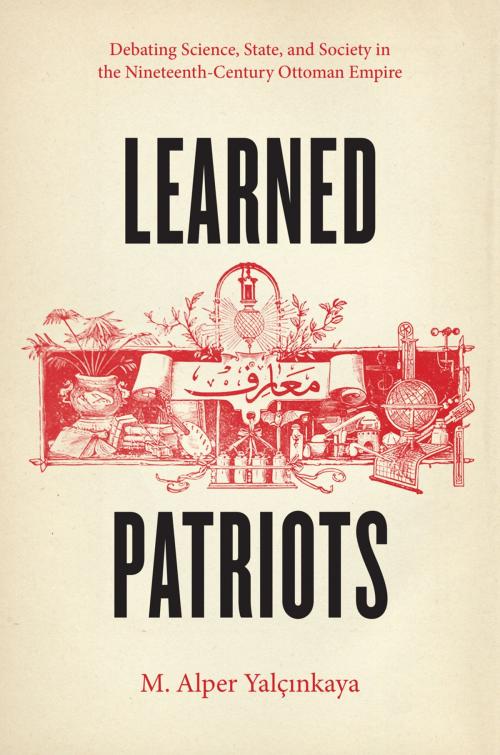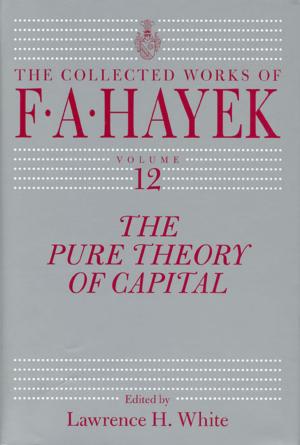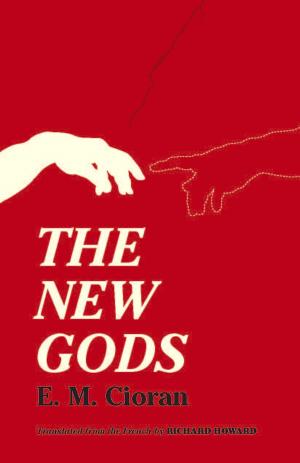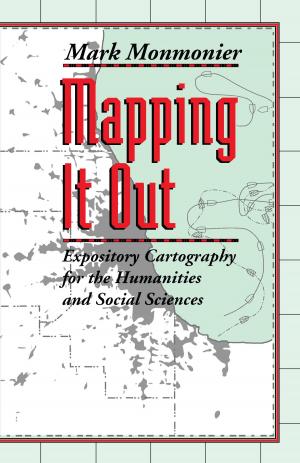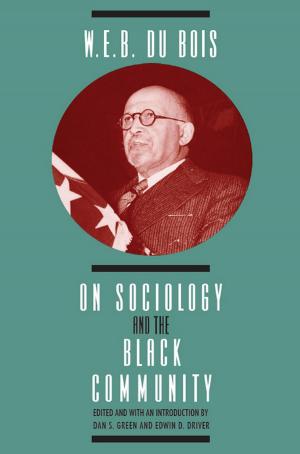Learned Patriots
Debating Science, State, and Society in the Nineteenth-Century Ottoman Empire
Nonfiction, Science & Nature, Science, Other Sciences, History, Middle East| Author: | M. Alper Yalçinkaya | ISBN: | 9780226184340 |
| Publisher: | University of Chicago Press | Publication: | February 13, 2015 |
| Imprint: | University of Chicago Press | Language: | English |
| Author: | M. Alper Yalçinkaya |
| ISBN: | 9780226184340 |
| Publisher: | University of Chicago Press |
| Publication: | February 13, 2015 |
| Imprint: | University of Chicago Press |
| Language: | English |
The nineteenth century was, for many societies, a period of coming to grips with the growing, and seemingly unstoppable, domination of the world by the “Great Powers” of Europe. The Ottoman Empire was no exception: Ottomans from all walks of life—elite and non-elite, Muslim and non-Muslim—debated the reasons for what they considered to be the Ottoman decline and European ascendance. One of the most popular explanations was deceptively simple: science. If the Ottomans would adopt the new sciences of the Europeans, it was frequently argued, the glory days of the empire could be revived.
In Learned Patriots, M. Alper Yalçinkaya examines what it meant for nineteenth-century Ottoman elites themselves to have a debate about science. Yalçinkaya finds that for anxious nineteenth-century Ottoman politicians, intellectuals, and litterateurs, the chief question was not about the meaning, merits, or dangers of science. Rather, what mattered were the qualities of the new “men of science.” Would young, ambitious men with scientific education be loyal to the state? Were they “proper” members of the community? Science, Yalçinkaya shows, became a topic that could hardly be discussed without reference to identity and morality.
Approaching science in culture, Learned Patriots contributes to the growing literature on how science travels, representations and public perception of science, science and religion, and science and morality. Additionally, it will appeal to students of the intellectual history of the Middle East and Turkish politics.
The nineteenth century was, for many societies, a period of coming to grips with the growing, and seemingly unstoppable, domination of the world by the “Great Powers” of Europe. The Ottoman Empire was no exception: Ottomans from all walks of life—elite and non-elite, Muslim and non-Muslim—debated the reasons for what they considered to be the Ottoman decline and European ascendance. One of the most popular explanations was deceptively simple: science. If the Ottomans would adopt the new sciences of the Europeans, it was frequently argued, the glory days of the empire could be revived.
In Learned Patriots, M. Alper Yalçinkaya examines what it meant for nineteenth-century Ottoman elites themselves to have a debate about science. Yalçinkaya finds that for anxious nineteenth-century Ottoman politicians, intellectuals, and litterateurs, the chief question was not about the meaning, merits, or dangers of science. Rather, what mattered were the qualities of the new “men of science.” Would young, ambitious men with scientific education be loyal to the state? Were they “proper” members of the community? Science, Yalçinkaya shows, became a topic that could hardly be discussed without reference to identity and morality.
Approaching science in culture, Learned Patriots contributes to the growing literature on how science travels, representations and public perception of science, science and religion, and science and morality. Additionally, it will appeal to students of the intellectual history of the Middle East and Turkish politics.
